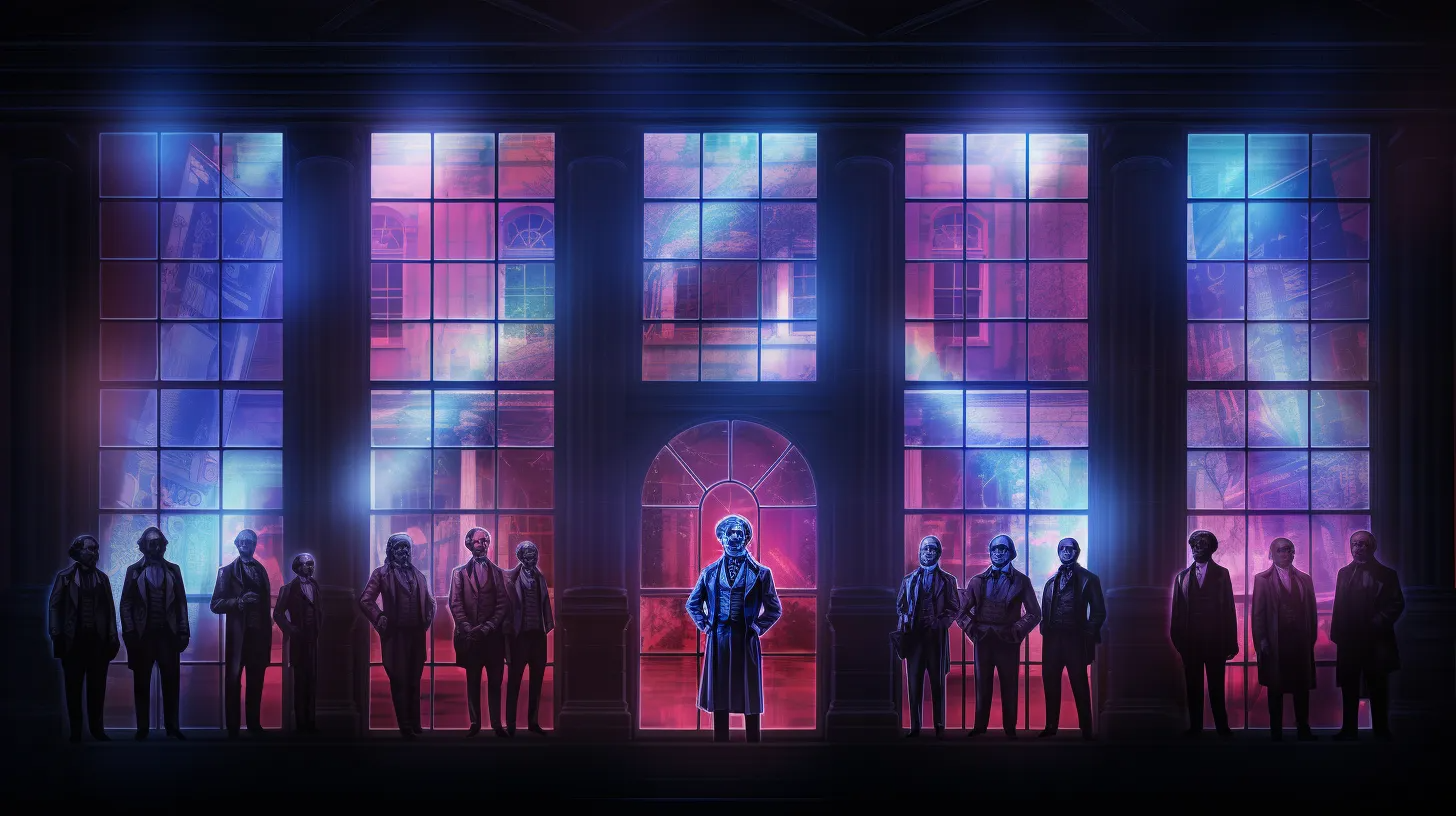Imagine what your life would have been like if you were born in 1880. How much would your life have changed? Candles and gaslight were expensive, so you grew up in the dark. You weren’t born into a house with running water. By 1920, chances are good you had enough electricity to run an electric light so you could at least read for a few hours. You probably bought a radio around 1922. The radio would have changed a lot of things because you didn’t need to go a physical theatre and suffer those indignities. Imagine how great life would have been by 1924. You could go to a physical theatre and take in a few newsreels and a silent[…]
Category: Technology
This post offers some value in exchange for your attention. I’ll open up with an observation about attention payments and platforms. I’ll expand on the relationship between platforms, the state, and citizens. I’ll dive into recent changes in attention markets, talk about motives, expand on how I’m thinking about choices, and conclude with a practical rule of thumb that could be useful. Oh you’ll pay. You’ll all pay. You pay attention. You pay for attention with your time. Sometimes you’ll pay money and then pay attention — like when you go to the movies or the theatre. If you run a business, you may even pay for the attention of others in cold hard money to an attention distributer who[…]
Aren’t secrets interesting? A re-read of Thiel and Masters (2014) “From One To Zero” prompts this post. It was a dark read my first time through. It was a little brighter on the second. On third reading, I noticed a yellow fibre weaving through the tapestry. Come along as we tug on that single, beautiful thread. A secret has several quality attributes: And all the degrees in between. Let’s have some fun. Information or Not Claude Shannon (1948) defined information as a set of possible messages, he wrote: “The word communication will be used in a very broad sense to include all of the procedures by which one mind may affect another.” Let’s overthink that. He was an important contributor[…]
How often are you asked to suspend disbelief as the price of admission? When should you? There are quite a few such contexts. Satire is my favourite. Plays are a close second. When you attend a play, you suspend disbelief for awhile. You know that the actors up on stage are engaging in a deception. They’re acting like something they’re not. And, for the enjoyment of all those around you, you keep your mouth shut about what’s happening up on stage. It isn’t a dialogue. It’s a one way broadcast. The same goes for sports entertainment: a brilliant category positioning statement if there ever was one. You know that the Macho Man Randy Savage isn’t literally the Macho Man Randy[…]
Graeber & Wengrow (2021) seemed to argue that much of European liberal political philosophy came from North America. The more I look at Locke (1690), the more I’m convinced. It’s on this foundation that I’ll build the first version of an argument for coordinated autonomy. There are a number contemporary tensions we’re experiencing in early 2024. At this time, it’s far from certain if Democracy is going to survive. There’s a lot of mistrust and dissatisfaction with the way systems aggregate and select choices, and how gains are allocated. Yet, the way that institutions that work in places without working democracies appears to drive an optimism in democratic technology as alternative. If you’re growing up in a broken state, you[…]
I’m with John Boyd on this one: the closer to you look at something, the more distinctive the contradictions you’re going to see, all the way down as far as you can squint. In this post, I’ll look at the distinction between honesty, error, deception, and fraud – and will conclude with a heuristic. We don’t experience ground truth. We experience something as a result of data that flows into our skull that is constructed into something approximating an experience. But we don’t ever truly experience a state of ground truth. And this isn’t meant to be some kind of satire about who’s to say what is really true and what is really untrue given how one feels about the[…]
Perspective coordination can be a need, skill, solution, or a problem. Dawson (2020) defined perspective coordination as: “…a dynamic set of skills that supports human interactions by fostering mutual respect, nurturing creativity, expanding our minds, generating and developing ideas, leveraging conflict, and supporting healthy relationships. Robust collaborative capacity skills are a prerequisite for the development of perspective coordination skills, but you will also find that practices for building perspective coordination skills build collaborative capacity skills. Wheels within wheels.” Dawson, Theo (2020) “VUCA unpacked (3)—Perspective coordination” https://theo-dawson.medium.com/vuca-unpacked-3-perspective-coordination-13e722981ce6 Retrieved 1 Jan 2024 And Dawson provided a helpful concept map: Why might perspective coordination might be a need? It’s because you need people. If you had total independence, total freedom from dependents and their dependencies,[…]
Cultural industries are an ideas business. They sell ideas. The Canadian cultural industry, since just around Confederation, sells the idea of Canada. Is Canada a good idea? Does anybody want to buy it? Is there a market for it? What is? All businesses rely on networks of channels. There’s power in networks. There’s power in distribution networks. The Canadian state, since its inception, invested in networks. There were promises of network connectivity built right into Constitution. It had to then. It has to continue to do so now. There’s just too much physical geography to ignore. And not a lot of that geography it is helpful to the social geography of the country. Look at the place: The rockies run[…]
I want to believe that the current generation of applications powered by Large Language Model (LLM) don’t represent the height of the state of the art for prediction machines and that no single firm will reach 80% market share and go onto dominate the generative era. I want to believe that the future is quite open, and that these early returns we’ve made in applied machine learning can compound. It’s because I want to believe so much that it’s worth questioning the assumptions. What might cause the future to become closed? Does OpenAI scan its API logs for good ideas? In 2023, a surge of founders developed skins for OpenAI’s ChatGPT. Some based their startup on enabling a user to[…]
This story begins in a lecture room on an upper floor at Temple University in Philly on a pleasant summer day in 2018. John Hauser is delivering a cracking talk on recommendation engines. He launches into an aside about how the best real estate agents on earth facilitate their consumers’ own discovery of their own preferences. He’s challenging conventional doctrine. The grizzled grizzlies fold their arms and lean back in their chairs. The students from KU lean forward. I catch Luo’s eye and exchange smiles. We’re beaming. I got my popcorn ready. This is gonna be good. He tells a story about how an excellent real estate agent will listen patiently as you state preferences, and then they go onto[…]










